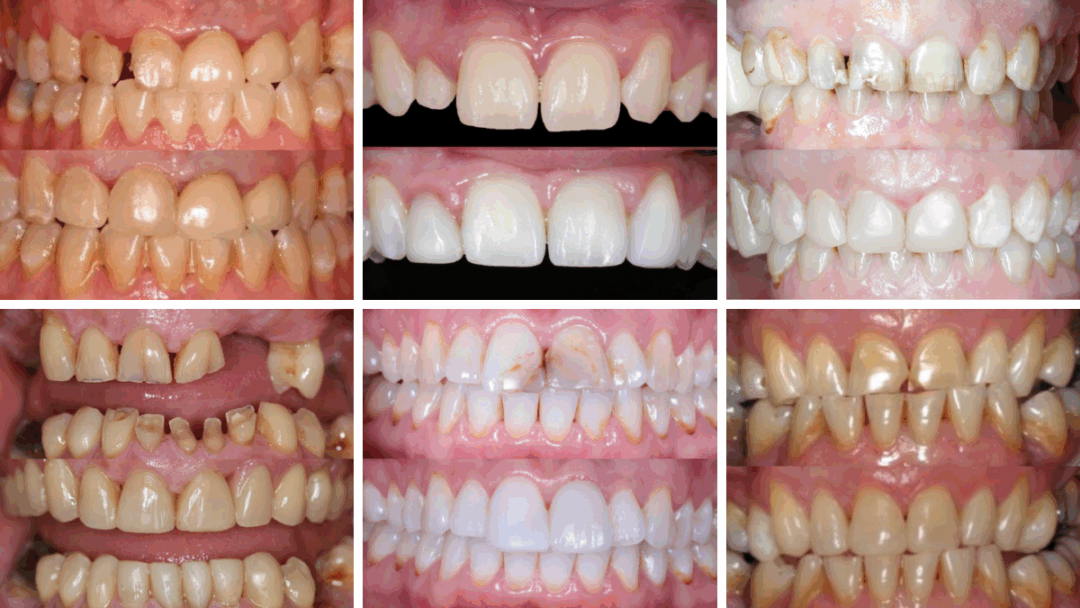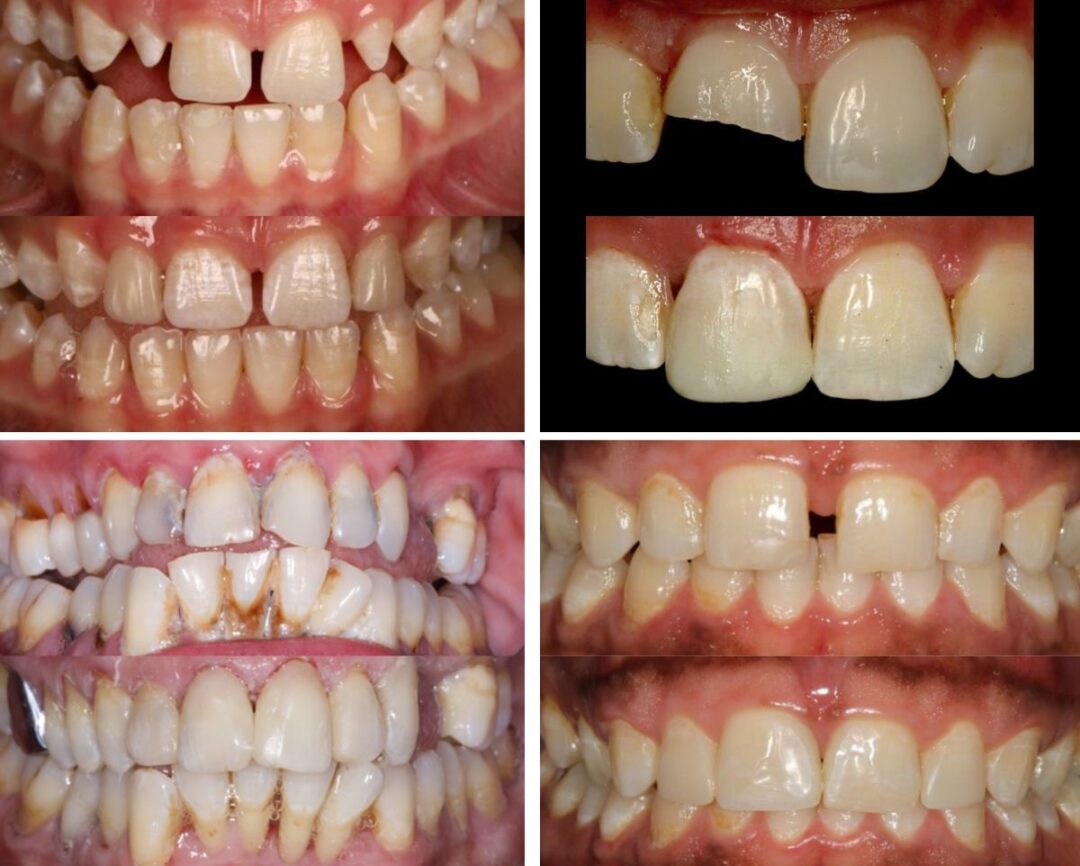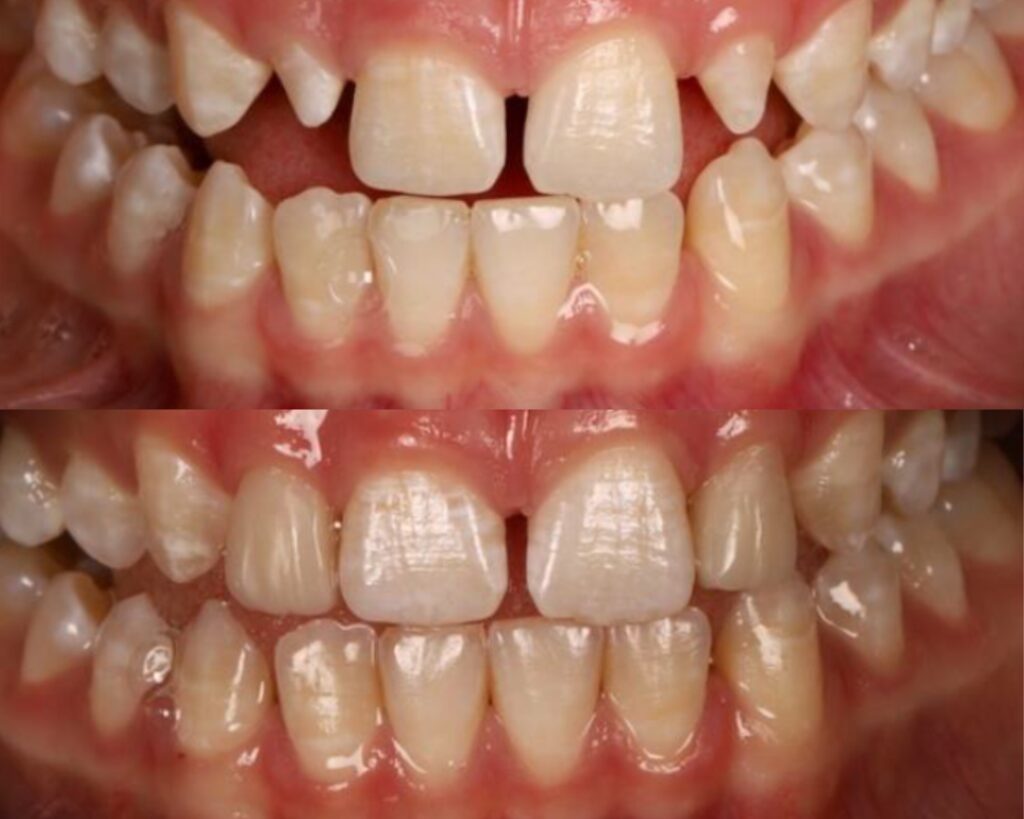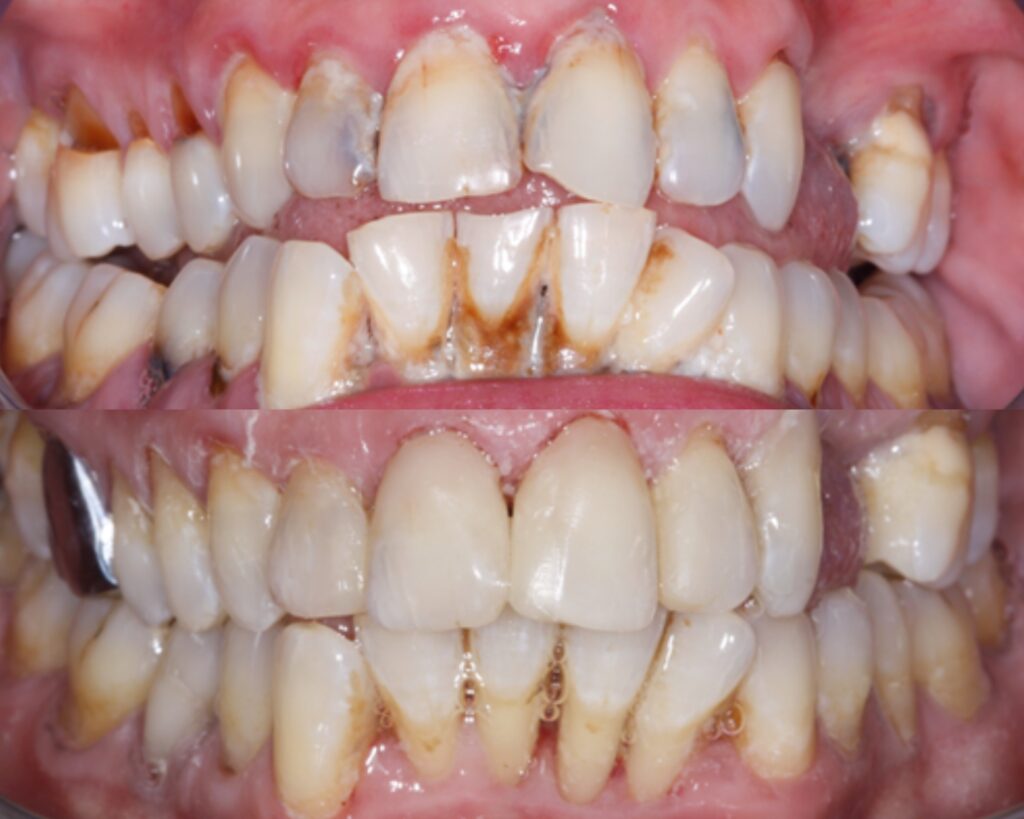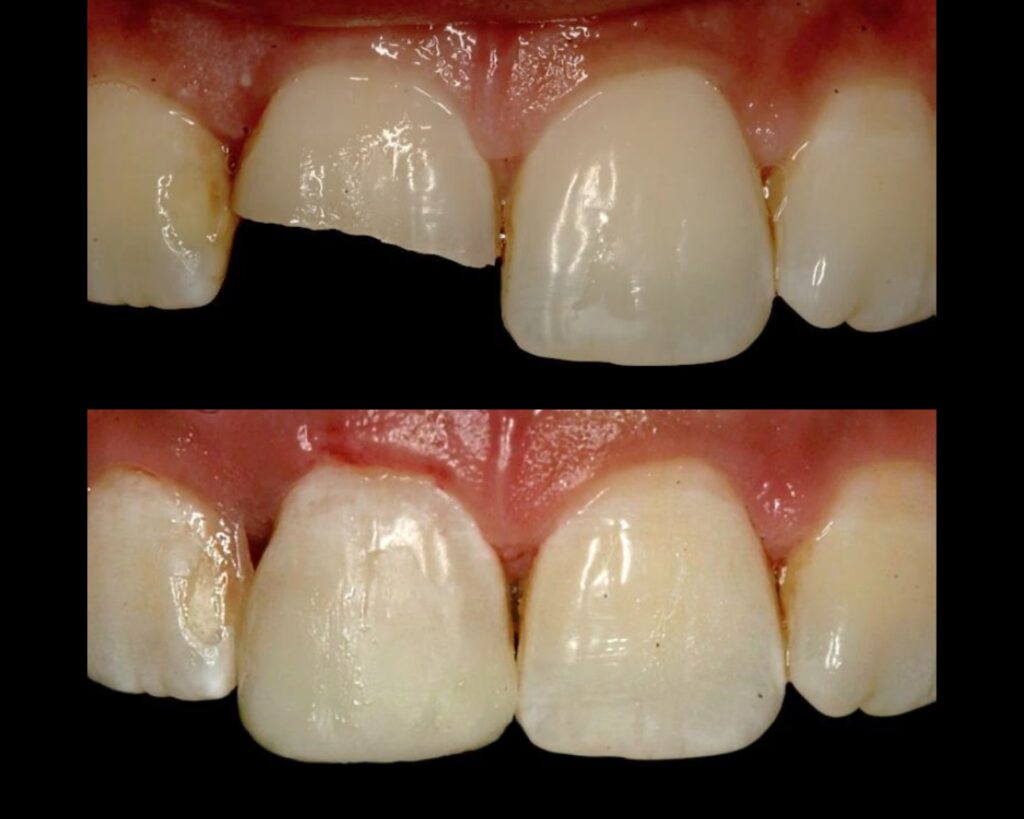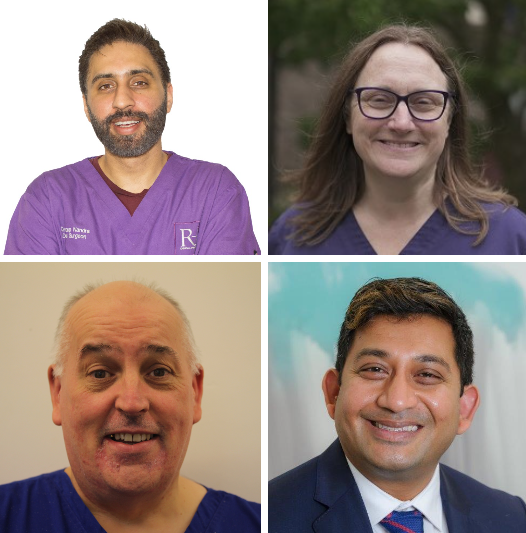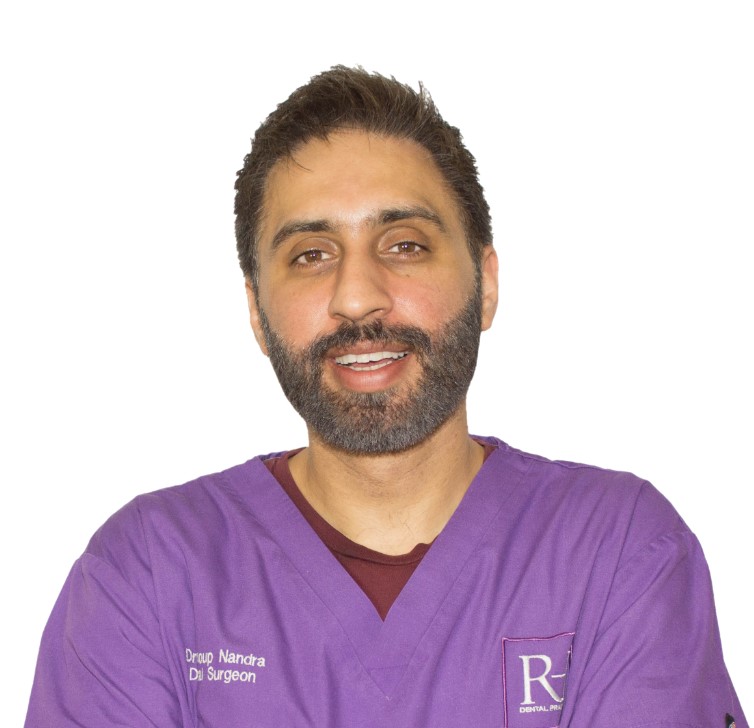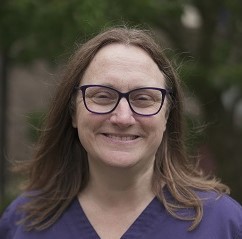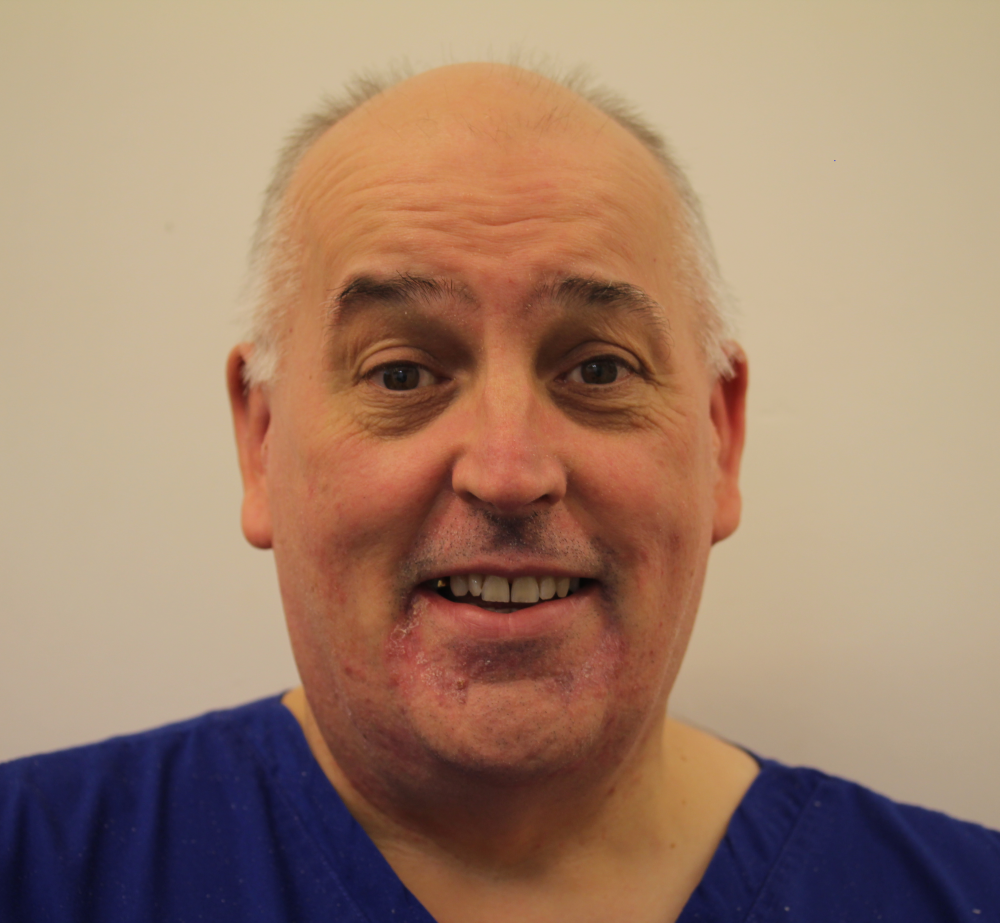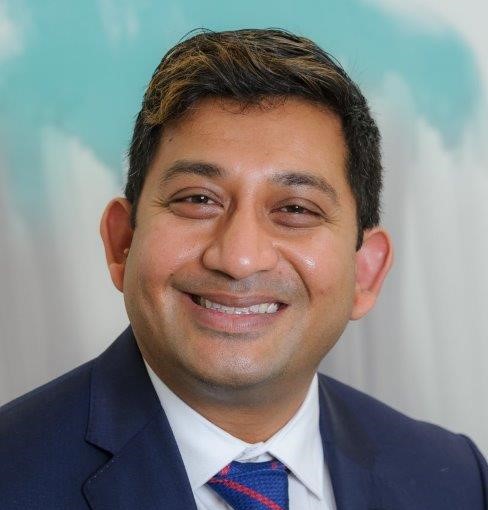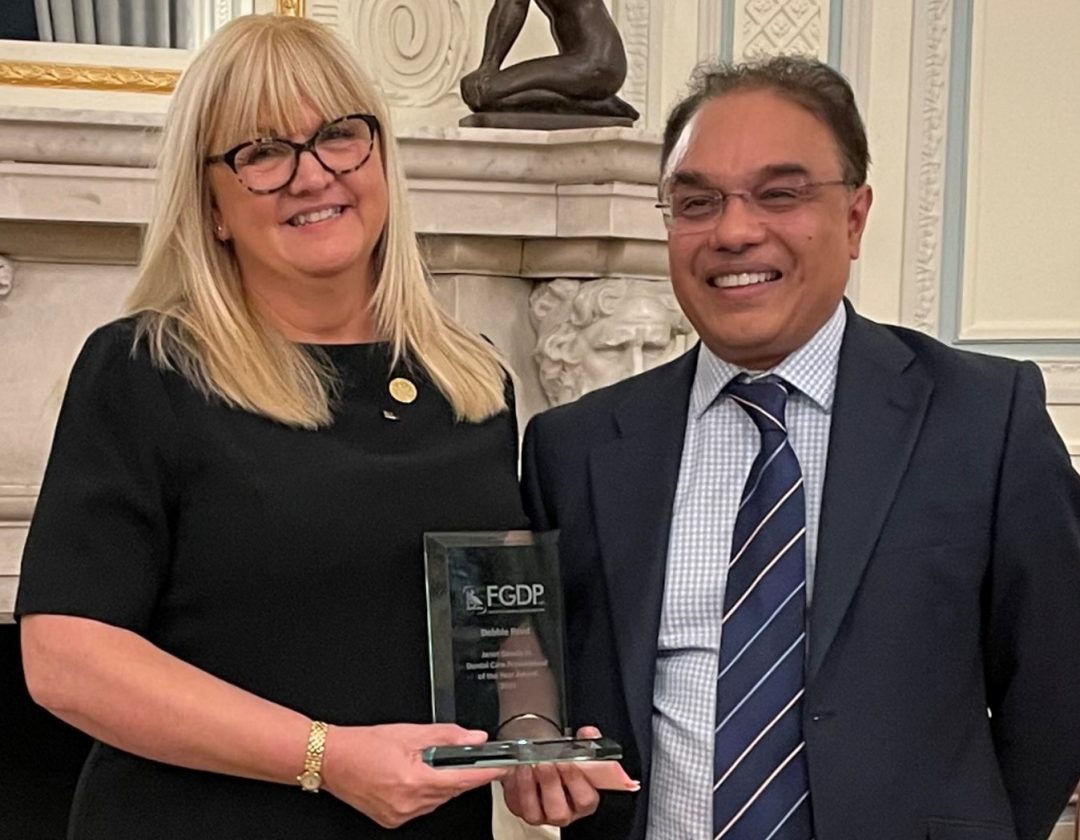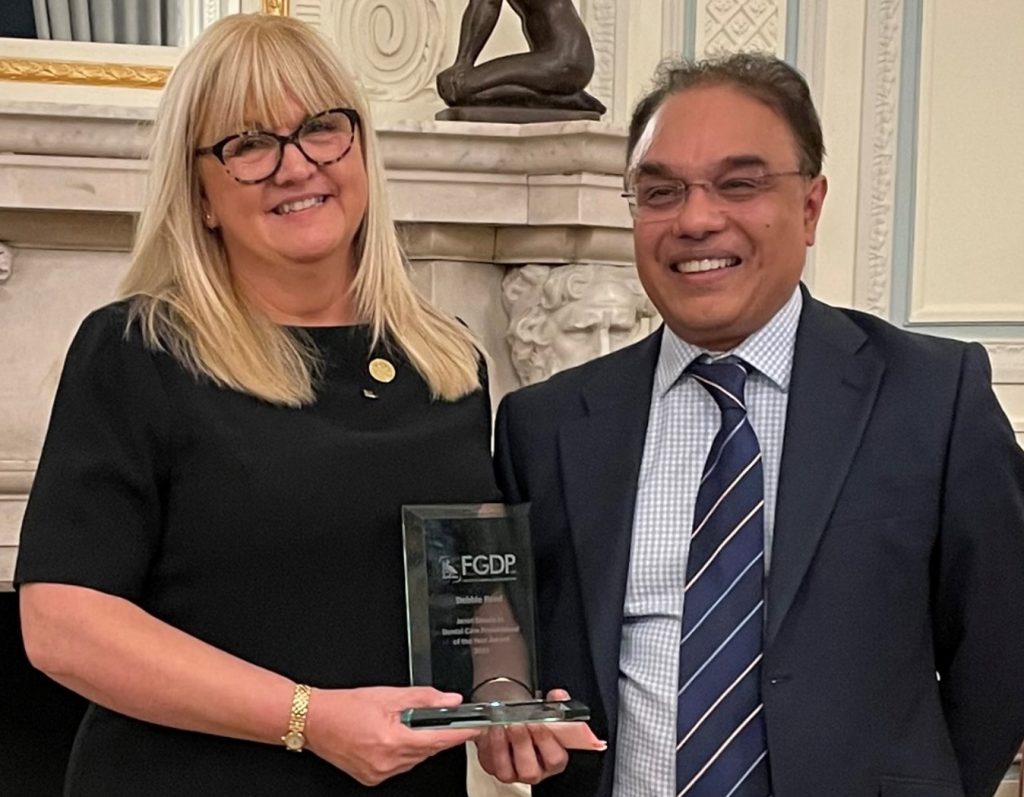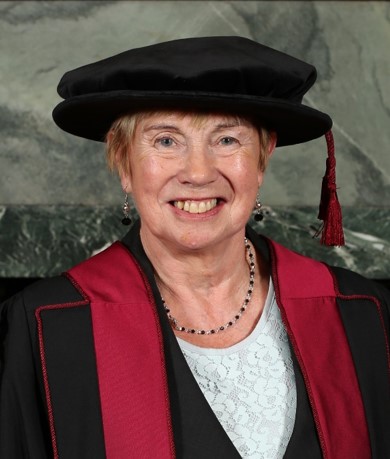Cymraeg
The College is pleased to sponsor this competition as an opportunity for students at the School of Dentistry at Cardiff University to showcase a dental topic or subject which may have an influence, or have had an influence on the improvement of oral health care for all. The work may be presented in the form of an investigation, a literature review or primary research.
You are invited to submit a VLOG or poster on an area or subject relevant to general dental practice, as 90% of dental care takes place in the primary care setting. Your entry may be relevant to Wales, the UK or more widely.
Entry criteria
Individual or joint entries (from 2 students) will be accepted.
Entrants must be a current dental student at Cardiff University. This includes students who graduate in 2020.
Entries may be in English or Welsh.
The vlog may be no more than 5 minutes long. The poster must have no more than 500 words.
All entries must include a bibliography. (See ‘how to apply’ for details)
Copyright of the entries remain with the authors. However in entering the competition, the entrant agrees that the submission may be published digitally by the College, FGDP(UK), Y Gymdeithas Ddeintyddol Dental Society of Wales or Coleg Cymraeg to promote the prize and winners, and to promote the dental topic itself.
Prize: The winner will receive an award and £150, or if there are multiple stand out entries, a winner and runner up will receive £100 and £50 respectively.
Important dates: The closing date is 30 August, 2020. The prize will be presented at the Welsh Dental Society Annual Meeting at The Vale Resort in Cardiff on 17 October, 2020.
How to apply
Posters should be sent as an attachment to [email protected] with subject “Cardiff Prize” (PDF documents are preferred) Please remember to include your full name, contact details and your year of study.
Vlogs should be uploaded to a video sharing platform, eg Youtube or Vimeo, and the URL sent to [email protected], with your full name, contact details and year of study. If your vlog has privacy or access permissions, please remember to include the relevant password in your email.
All entries must include a bibliography – which does not count towards the word count or vlog length. The awards committee expect there to be no less than 10 references to support your entry. This may be a combination of 5 references from refereed journals plus another 5 references from government statistics or publications from international bodies. References should follow the Harvard referencing system, and/or include hyperlinks where relevant.
Tips on what makes a good entry
Be clear on what your dental topic is. The ‘viewer’ needs to quickly know what you feel is important.
Make your key messages clear – this includes in the language you use and the layout or structure of your entry
Provide evidence and interpretation relevant to the subject. Remember to support your conclusions with evidence.
Entries will be marked based on the criteria below, so take this into account when developing your entry. Marking will be based on quality, not only in appearance, but also in the content and the way your entry conveys the essential message quickly and accurately.
- Comprehensibility and clarity of expression (the clarity of written/spoken English or Welsh)
- Argument and critical thinking (the originality of thought in the topic/case presented)
- Engagement with practice
- Knowledge and understanding (the bibliography/documenting of source materials relevant to the presentation).
Gwobr Celf a Gwyddoniaeth mewn Deintyddiaeth
Mae’r gystadleuaeth hon yn rhoi cyfle i fyfyrwyr yn yr Ysgol Ddeintyddiaeth ym Mhrifysgol Caerdydd I dynnu sylw at bwnc neu destun deintyddol a allai ddylanwadu, neu sydd wedi dylanwadu, ar wella gofal y geg i bawb. Gellir cyflwyno’r gwaith ar ffurf ymchwiliad, adolygiad o lenyddiaeth a astudiwyd neu ymchwil wreiddiol.
Rydym yn eich gwahodd i gyflwyno FLOG neu boster sy’n amlygu’r ymchwil a wnaethoch fel myfyriwr deintyddol. Mae’r gystadleuaeth yn canolbwyntio ar ymchwil sy’n berthnasol i bractis deintyddol cyffredinol, gan fod 90% o ofal deintyddol yn digwydd lle ceir gofal sylfaenol. Gall eich ymgais gynnwys ymchwil sy’n berthnasol i Gymru, i’r Deyrnas Gyfunol neu’r tu hwnt i hynny.
Meini prawf ceisiadau
Derbynnir ceisiadau unigol neu ar y cyd.
Mae’n rhaid i ymgeiswyr fod yn fyfyrwyr cyfredol ym Mhrifysgol Caerdydd. Mae hynny’n cynnwys myfyrwyr sy’n graddio yn 2020.
Gall ceisiadau fod yn Gymraeg neu Saesneg.
Ni ddylai’r FLOG fod yn hwy na 5 munud o hyd. Ni ddylai’r poster gynnwys mwy na 500 o eiriau.
Mae’n rhaid i bob cais gynnwys llyfryddiaeth. (Gweler ‘Sut i ymgeisio’ am y manylion).
Mae hawlfraint y ceisiadau’n perthyn i’r awduron. Fodd bynnag, wrth gyflwyno cais i’r gystadleuaeth, mae’r ymgeisydd yn cytuno i’r cais gael ei gyhoeddi’n ddigidol gan CGDent, FGDP(UK), Y Gymdeithas Ddeintyddol yng Nghymru neu’r Coleg Cymr’aeg Cenedlaethol er mwyn hyrwyddo’r wobr a’r enillwyr ac i hyrwyddo’r ymchwil ei hun.
Dyddiadau pwysig: Y dyddiad cau ydi Awst 30, 2020. Bydd y wobr yn cael ei chyflwyno yn ystod Cyfarfod Blynyddol y Gymdeithas Ddeintyddol (yng Nghymru) yn y Vale Resort yng Nghaerdydd ar Hydref 17, 2020.
Sut i wneud cais
Dylid anfon posteri ar ffurf ffeil gyswllt (attachment) i’r egyfeiriad hwn: [email protected]. (Gwell gennym gael dogfennau.pdf). Cofiwch gynnwys eich enw llawn, manylion cyswllt a’ch blwyddyn astudio,
Dylid uwchlwytho Flogiau i gyfrwng rhannu fideo, e.e. Youtube neu Vimeo, gan anfon yr URL I’r egyfeiriad hwn: [email protected], gyda’ch enw llawn, manylion cyswllt a’ch blwyddyn astudio. Os oes gofynion cyfrinachedd neu fynediad ar eich flog, cofiwch gynnwys y cyfrinair perthnasol yn eich ebost.
Mae’n rhaid i bob cais fod â llyfryddiaeth – nad oes rhaid ei chynnwys wrth gyfrif geiriau na hyd y Flog. Mae pwyllgor y gwobrau yn disgwyl cael o leiaf 10 o gyfeiriadau i gefnogi pob cais. Gall hynny fod yn gyfuniad o 5 cyfeiriad wedi’u codi o gyfnodolion cydnabyddedig ynghyd â 5 cyfeiriad o ystadegau’r llywodraeth neu o gyhoeddiadau gan gyrff rhyngwladol. Dylai’r cyfeiriadau ddilyn y drefn a bennir gan system gyfeirio Harvard, a/neu gynnwys hypergyswllt lle bo hynny’n briodol.
Awgrymiadau ynghylch yr hyn sy’n gwneud cais da
Byddwch yn glir ynglŷn â beth ydi diben eich ymchwil. Mae angen i lygaid y gwyliwr ganfod yn syth beth yr ydych chi’n ei ystyried yn bwysig.
Gwnewch eich prif neges yn glir – mae hynny’n cynnwys yr iaith a ddefnyddiwch ynghyd â chynllun a strwythur eich cais.
Rhoddwch dystiolaeth a dehongliad o’r ymchwil.
Cofiwch gefnogi eich canfyddiadau gyda thystiolaeth.
Caiff ceisiadau eu marcio ar sail y meini prawf a nodir isod. Felly, cofiwch ystyried hynny wrth i chi ddatblygu eich cais. Seilir y marcio ar ansawdd nid yn unig o ran sut y mae’r gwaith yn edrych ond hefyd ar sail y cynnwys a’r ffordd y mae eich cais yn cyfleu’r neges hanfodol yn gyflym a chywir.
- Dealladwyedd ac eglurder y mynegiant (eglurder y Gymraeg/Saesneg yn ysgrifenedig neu ar lafar).
- Cyflwyno dadl neu feddwl yn gritigol (gwreiddioldeb syniadol o ran y testun neu’r achos a gyflwynir).
- Bod â chysylltiad â phractis.
- Gwybodaeth a dealltwriaeth (llyfryddiaeth/dogfennaeth yn cofnodi ffynonellau’r deunydd sy’n berthnasol i’r cais).



